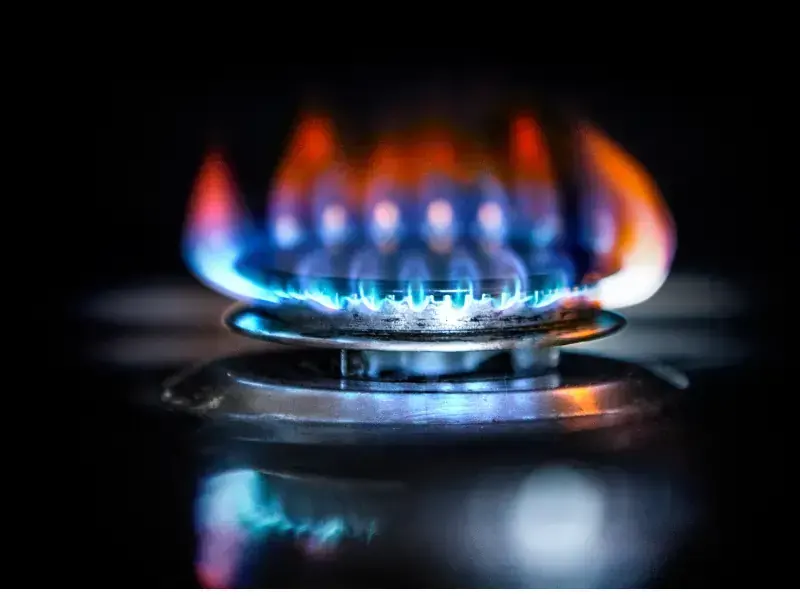How To Tell If You Have A Gas Leak?
Gas leaks pose a serious risk to our homes, personal safety, and surrounding environments. The potential hazards can vary from house to house but include fire, explosions, sudden sickness, and carbon monoxide poisoning.
Understanding gas leaks and what to do if you suspect one is important to keeping you and your family safe.
How To Identify A Gas Leak?
Sulfur Rotten Egg Smell
As LPG gas is odourless and colourless, it can be hard to notice if your appliance is leaking gas into your home. Natural gas companies add chemicals in the gas to give it its distinctive rotten egg smell. This is usually the first indication that you could be facing a gas leak.
Hissing Sounds and Low-Hanging Mist
Keep your ear out for a faint, hissing sound near your gas appliances and pipes. Also, look out for a low hanging white mist around your home.
Dead or Dying Plants
A gas leak results in unsafe levels of carbon monoxide in your home. The abundance of chemicals in the air kills your indoor plants. If your indoor plants are suddenly dying (even though you water them), it is worthwhile checking your garden too. The first signs of an underground gas leak are bubbles and dead vegetation.
Your Gas Bill is Unexpectedly High
Have you noticed a sudden spike in your gas bill? Unnoticed excessive gas use could be a sign of a gas leak.
The Colour of the Flames On Your Gas Stovetop
If you have a gas stove, pay attention to the colour of the flames. Normal flames are blue, orange flames could be a sign that your stove is dirty or malfunctioning and red flames are a sure sign that something has gone wrong. If you see red flames, stop using your stove immediately.
The Soap Test
An easy way to determine if you have a gas leak or not is the soap test. Mix soap with water, apply it to the pipe joints or suspected areas like valves and wait for bubbles to form.
Gas leaks don’t just affect your home but the people and pets living inside. Physical symptoms also include:
- Dizziness
- Feeling sick or nauseated
- Headaches
- Fatigue or drowsiness
- Irritation to your eyes, throat or skin
- You and your pets get sick at the same time
- Chest pains
- Loss of consciousness

What Not To Do In The Event Of A Gas Leak
At GRH Plumbing, we know first-hand how stressful a gas leak can be. If you suspect one in your home, try not to panic. Attempting to fix the leak yourself can have serious consequences. Do not:
- Try and search for the cause of the leak
- Try and repair it yourself
- Use electronics inside your home as they can trigger a spark and ignite leaked natural gas
- Stay indoors- evacuate immediately
- Keep your windows and doors closed
- Use matches or lighters
What Do I Do If I Suspect A Gas Leak?
Open as many windows and doors as possible: The more ventilation the better!
Do Not Attempt DIY: Gas leaks are incredibly dangerous and any repairs should be left to the professionals. Attempting DIY can have serious consequences for you and your home.
Evacuate Your Home Immediately: A build-up of carbon monoxide and gas can lead to loss of consciousness, explosions, fire and even death. It’s important if you suspect a gas leak that you leave your home immediately. Gather your pets and family and walk a considerable distance outside.
Contact The Professionals: Once safely outside, immediately call triple zero (000) and GRH Plumbing’s team of qualified and licensed gas fitters.
Our Local Licensed Gas Fitters Throughout Sydney
At GRH Plumbing, all our gas fitters are fully licensed and insured. With years of experience in dealing with gas leaks all over Sydney, you know that you are in good hands.
For same-day emergency gas leak detection services, contact our team today on 1300 643 850.